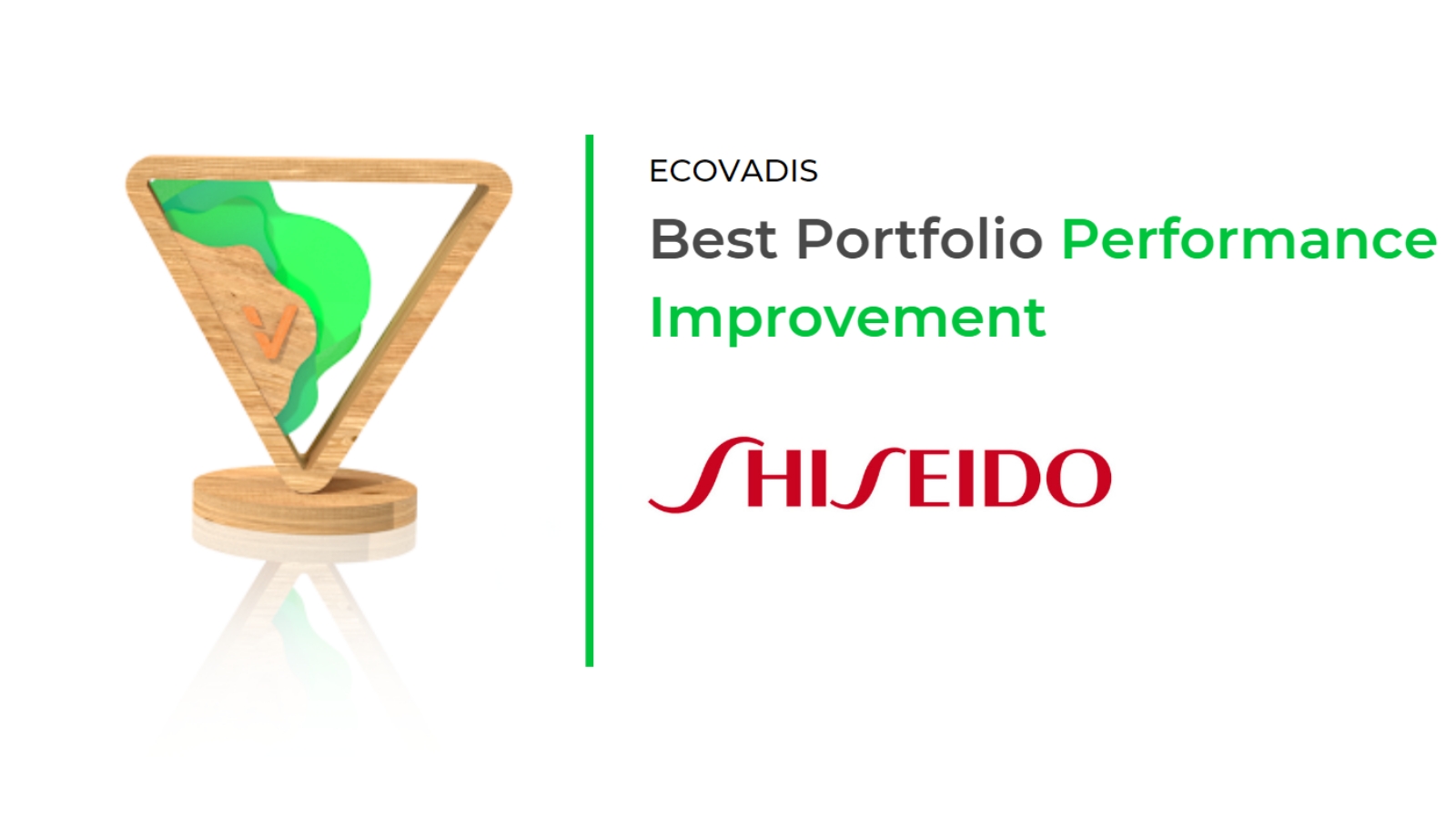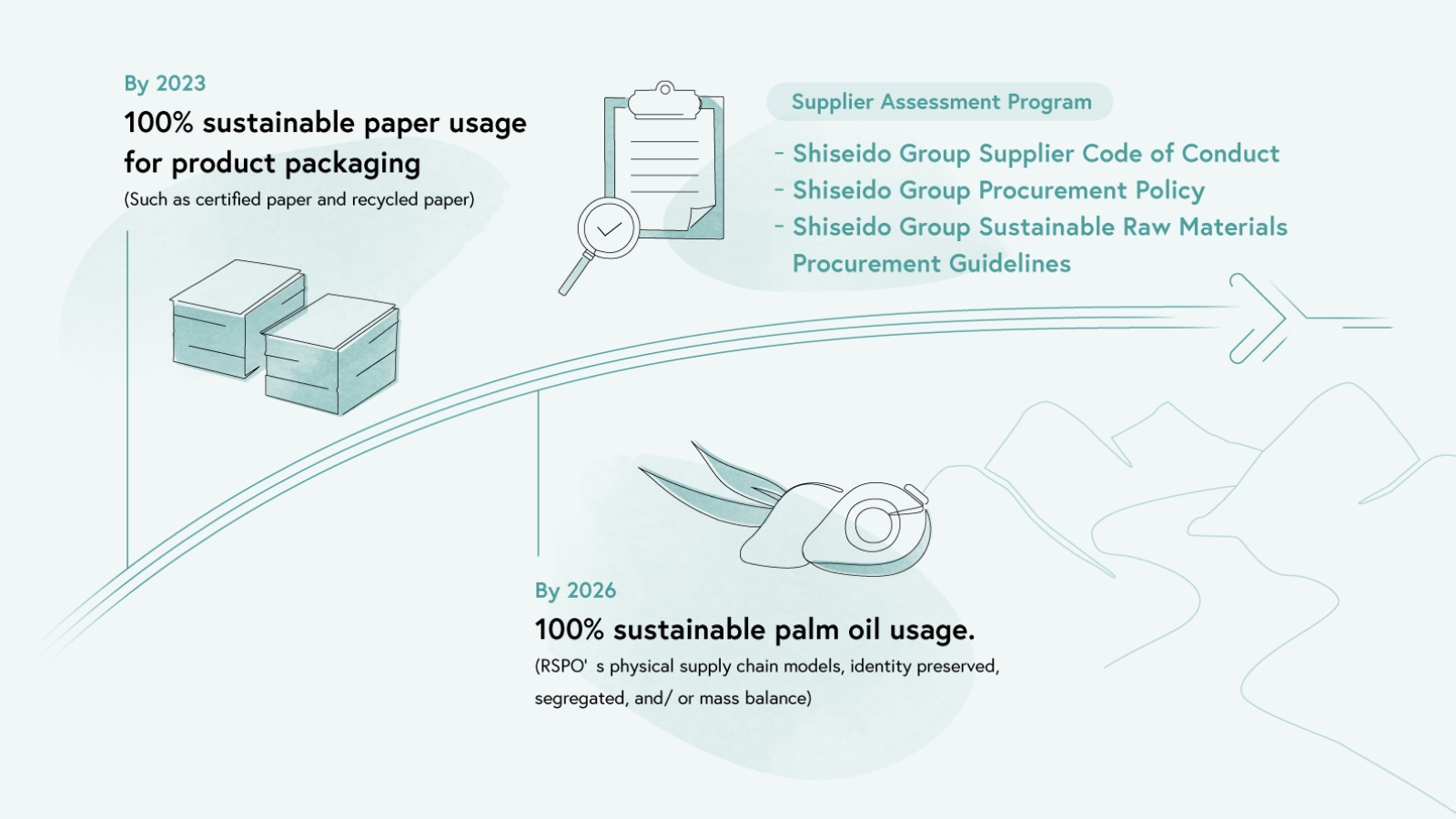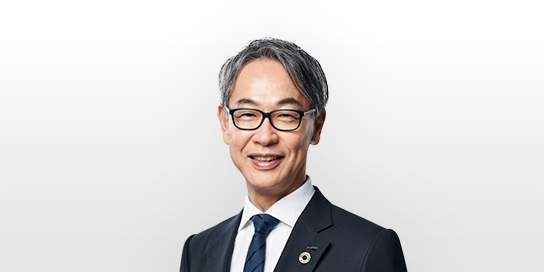Procurement of Raw Materials
Raw material production can lead to environmental damage and violation of human rights. Moreover, the production of some raw materials, such as palm oil and paper, can significantly impact biodiversity. Therefore, it is important for companies to procure materials that are produced under sustainable conditions.
In 2020, we published our medium- to long-term targets for the sustainable procurement of palm oil and paper, and we are currently in the process of switching to more sustainable raw materials. We are also strengthening our efforts to solve issues related to the mining of mica. By clarifying our own procurement policy and building a support system in collaboration with other companies, we aim to create positive change in the mica mining industry.
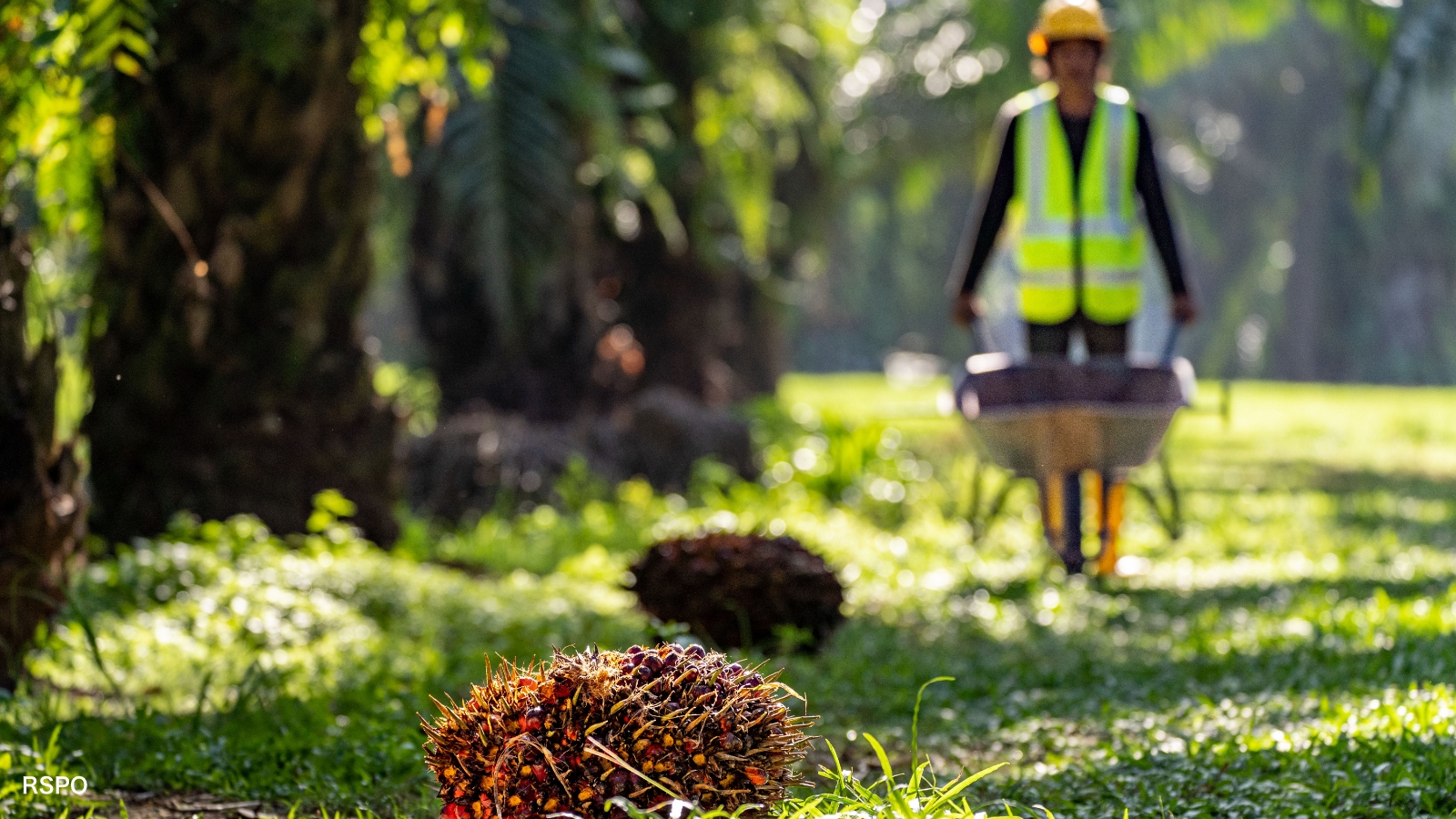
Biodiversity
Shiseido’s business activities rely on nature’s rich biodiversity. In recent years, many scientists and non-governmental organizations have warned of rapid biodiversity loss. As a result, from both a species conservation and sustainable business perspective, companies are being called upon to engage in biodiversity conservation activities. They are also encouraged to ensure transparent information disclosure regarding the impact of their activities on the natural environment.
At Shiseido, we use the Taskforce on Nature-related Financial Disclosures’ (TNFD) framework to analyze risks and opportunities around our dependence and impact on nature. The results of these analyses have shown that palm oil-derived raw materials and paper have a significant impact on biodiversity on land. Therefore, we support zero deforestation for palm oil and paper, and strive to minimize negative impact by switching to certified and recycled raw materials.
We understand that recovering and regenerating biodiversity is essential, and we will continue to contribute so that business and a diverse natural environment can exist in harmony.
Biodiversity Conservation Activities
Shiseido engages in a wide range of biodiversity protection activities through many of its brands and business operations in regions.
Since 2019, brand SHISEIDO has been a Global Sustainability Partner for the global surfing organization’s World Surf League. To create even more beautiful oceans, the brand promotes marine protection initiatives and is engaged in educational activities. In 2021, the brand also delivered the We Are One Ocean petition, which aims to protect 30% of the world’s oceans by 2030, to the United Nations Convention on Biodiversity.
In Japan in 2022, we began nature conservation activities on Mt. Ibuki, an area where medicinal herbs have been cultivated for centuries. In addition to opening our own medicinal herb garden and cultivating herbs, we are working alongside the Reiho Ibukiyama Association–which works to protect the nature around the mountain–to restore vegetation and preserve the abundant nature in the mountain’s foothills.
Bees play an important role in the pollination of crops. There are concerns around the declining population of honeybees. So our Val de Loire and Gien factories in France have incorporated the protection of honeybees and the conservation of ecosystems into their sustainability plans. As well as setting up beehives onsite, both factories prohibit the use of agrochemicals on factory grounds. In 2022, the factories’ beehives produced around 167 kg of honey.
Palm Oil
Palm oil is a highly versatile raw material used in a variety of products from food to cosmetics. However, its production has caused significant challenges, including deforestation and human rights issues. Therefore, it is essential for companies to ensure sustainable and responsible procurement of this raw material.
In 2010, as part of our efforts in this area, we joined the Roundtable on Sustainable Palm Oil (RSPO), an international non-profit organization. In 2018, we began purchasing RSPO certificates credits equivalent to 100% of the palm oil-derived raw materials we procure. In 2020, we disclosed our medium- to long-term target of reaching 100% sustainable palm oil in our products by 2026. The relevant teams in our global and regional headquarters have been working to achieve this target ever since.
In 2022, we replaced 36% of palm oil-derived raw materials (palm oil equivalent, weight basis) with certified palm oil based on the RSPO’s physical supply chain model. In addition, we continued working towards RSPO Supply Chain Certification at our factories. All of our factories are now RSPO certified.
Since 2019, we have been part of the Japan Sustainable Palm Oil Network (JaSPON) and the palm oil working group of the Consumer Goods Forum (CGF), both of which work to solve issues related to palm oil by strengthening collaboration with other companies. In addition, in 2019, we participated in the Stakeholder Engagement Program to deepen our understanding of the human rights risks and labor issues involved in palm oil production.
Further, through the Shiseido Camellia Fund, we support WWF Japan’s activities in Indonesia. By training local farmers on environmentally friendly production methods and workplace safety, and by supporting the establishment of producer associations, WWF Japan is helping smallholder farmers acquire RSPO certification and improve their livelihoods. In 2022, we purchased RSPO credits sold by RSPO-certified small-scale farmers. In doing so, we promoted sustainable procurement in response to environmental and social challenges.
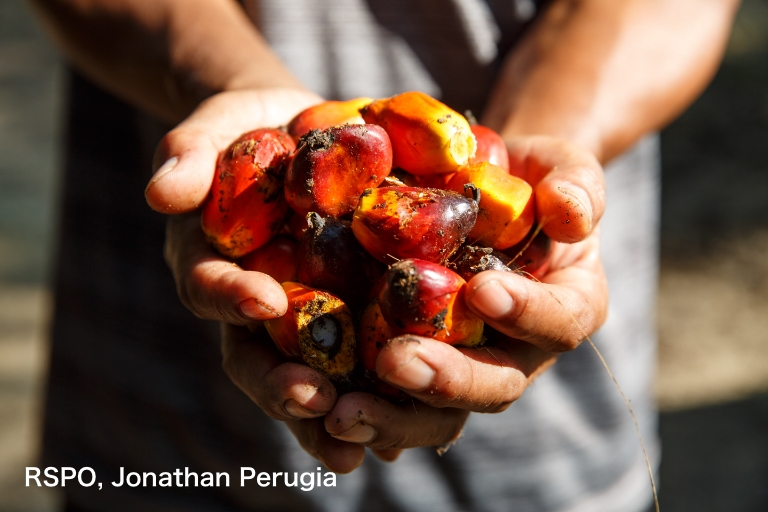
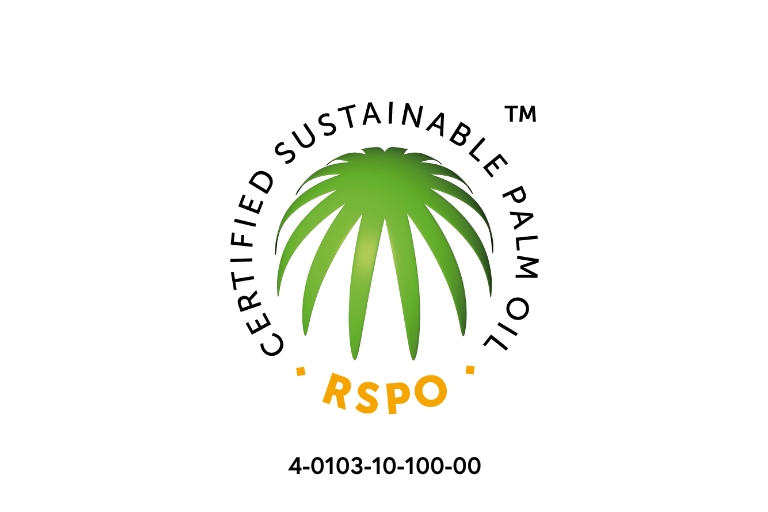
Paper
As part of our strategic action to use resources responsibly and reduce our use of single-use plastics, we actively promote the use of paper for secondary packaging, such as folding cartons. However, there are environmental issues associated with the production of raw materials for paper, such as deforestation and loss of biodiversity, as well as human rights issues. Therefore, sustainable and responsible procurement is essential. Our goal is to use 100% sustainable paper by 2023. In 2022, we achieved a 97% (weight) shift.
Cosmetics packaging must meet various expectations and standards. It should be sophisticated and beautiful, but also sustainable in its design and strong enough to protect the cosmetics inside. In collaboration with paper manufacturers, we are developing innovative paper packaging solutions that meet and exceed these expectations. We are also switching to sustainable paper in our offices and for promotional materials, such as product displays, bags, and leaflets.
Mica
Due to its light-reflecting properties and excellent heat resistance, mica is used in a wide range of industries, including cosmetics. In 2017, Shiseido joined the Responsible Mica Initiative (RMI), which aims to eliminate child labor and forced labor at Indian mica mining sites to establish Indian mica as a sustainably produced raw material.
In collaboration with non-governmental organizations and the Indian Government, RMI had implemented community empowerment programs in 180 villages by the end of 2022. The community empowerment program are helping to improve their incomes and livelihoods. The program supports activities such as improving access to safe drinking water and medical facilities of around 16,500 households - including 92,000 people in mica-dependent communities.
We will continue to strive to procure mica sourced from producers with no social responsibility issues.
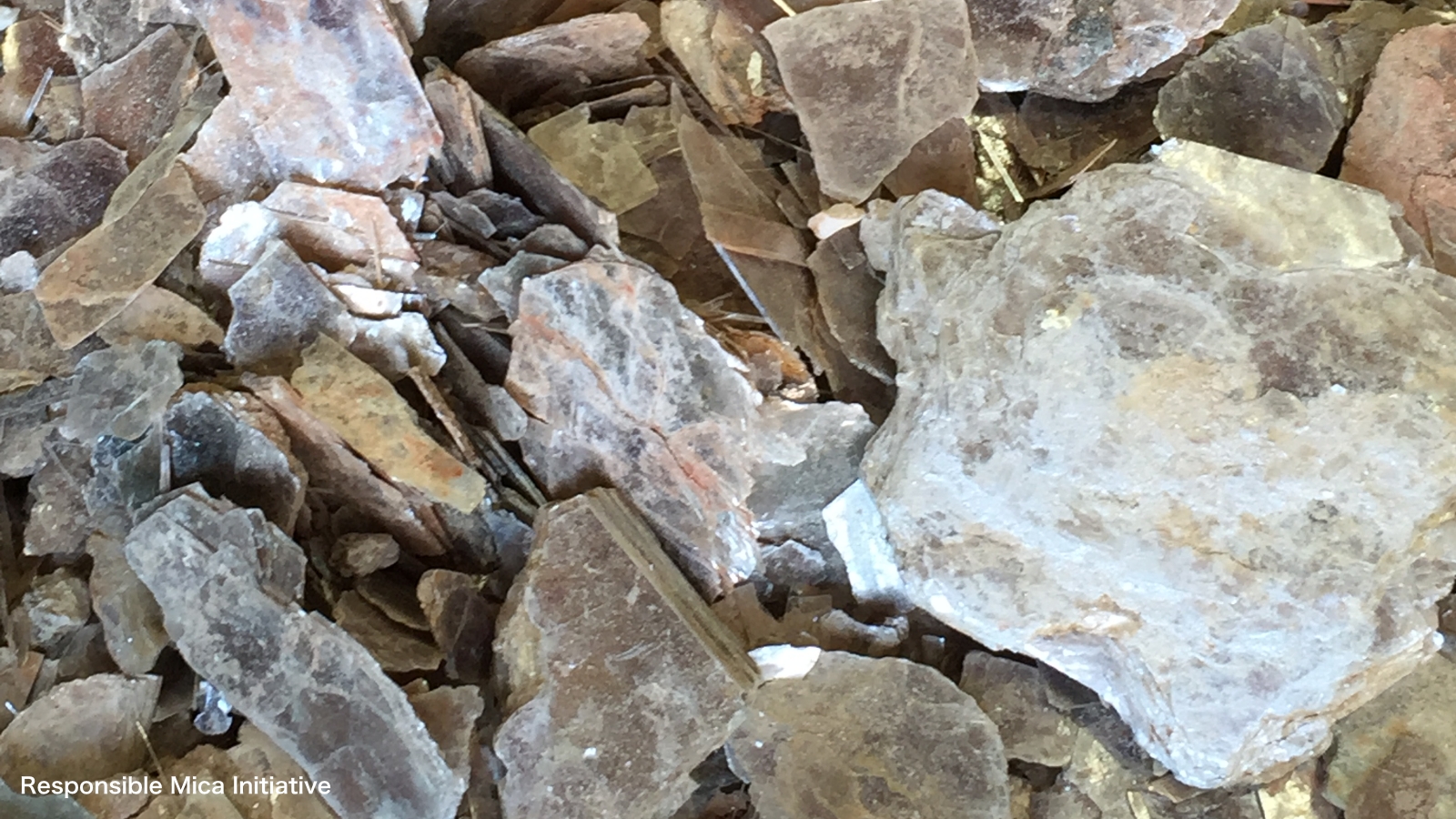
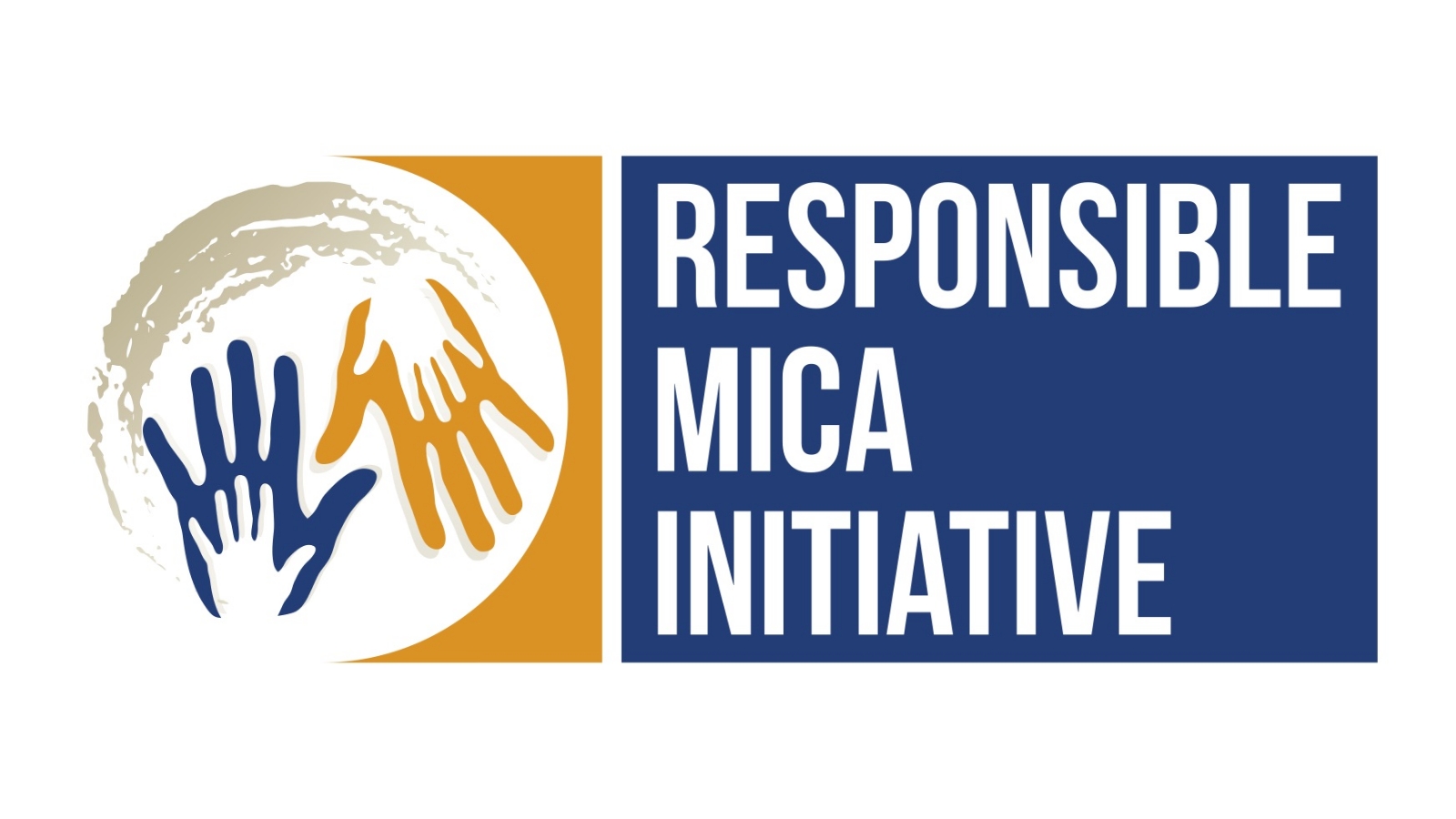
Supplier Assessment Program
Our aim is to create a sustainable supply chain built on responsible procurement and to minimize risk across the entire supply chain. To do so, we are promoting the implementation of the Supplier Assessment Program.
Supplier Assessment Program
For new suppliers, we conduct a self-assessment from the perspective of sustainability (human rights, occupational health and safety, environment, and business ethics) using either EcoVadis, Sedex, or our original Self-Assessment Questionnaire (SAQ). We start business with new suppliers after conducting supplier assessments, confirming that they are non-high-risk and then agree to Shiseido Group Supplier Code of Conduct.
For existing suppliers, we continuously confirm compliance with Shiseido Group Supplier Code of Conduct using the above assessments. We categorize suppliers into three groups according to the degree of risk: low-risk, medium-risk, and high-risk. If a supplier is categorized as high-risk, we conduct third-party audits, which include employee interviews and verification of required documentation. High-risk suppliers are then requested to implement corrective action plans, and in the event of critical non-conformance, we conduct further third-party audits to confirm correction status. If issues are not corrected within a set period, we consider suspension of business.
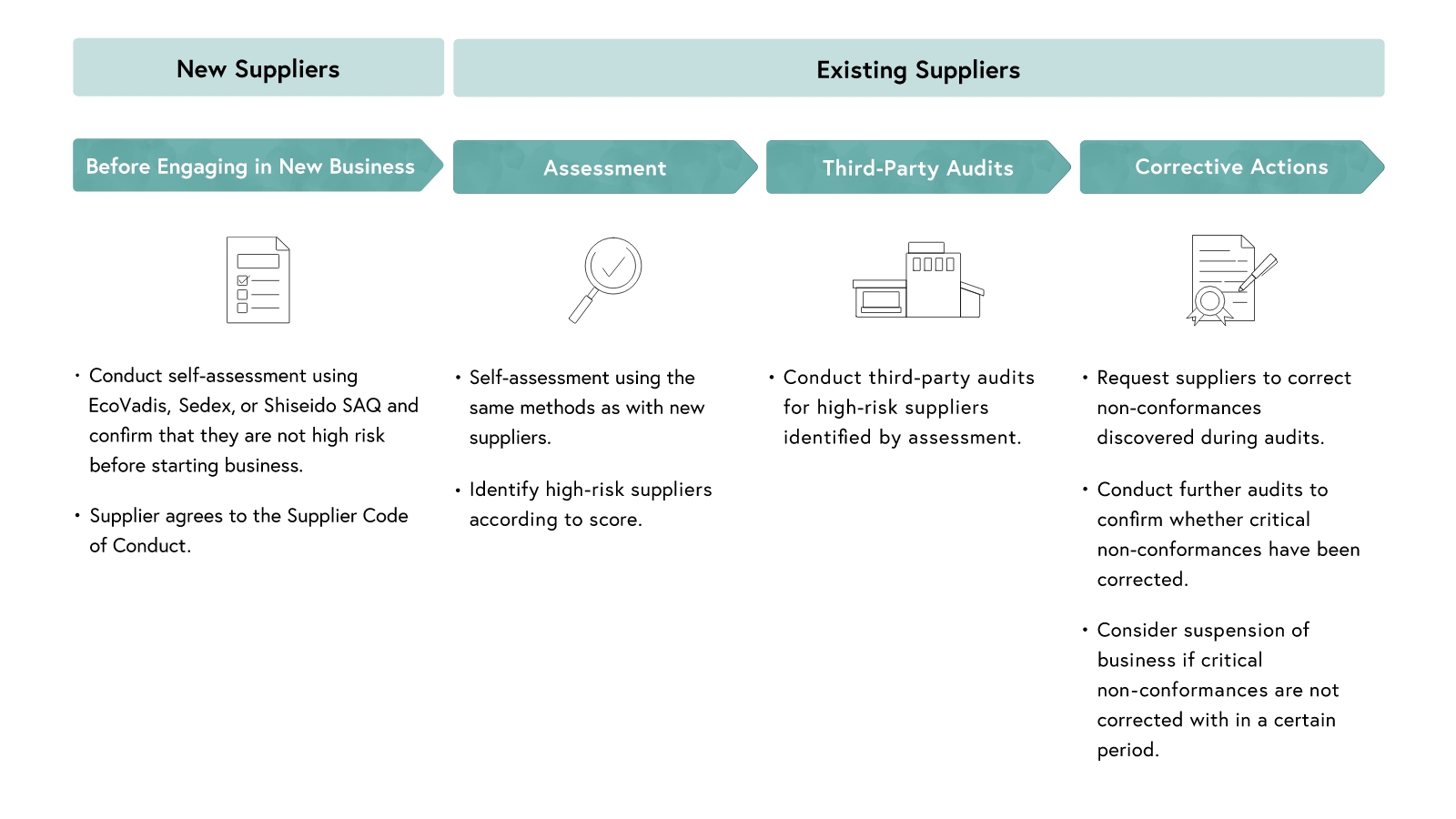
Results
In 2022, we defined our scope of the assessment program based on suppliers’ risk level and the importance of suppliers. In total, we conducted our Supplier Assessment Program for 72 suppliers globally (28 strategic suppliers and 44 high-risk suppliers) as of the end of 2021.
Ten of these suppliers were identified as high-risk suppliers in the self-assessment.
- We gave feedback on the result and advice on corrective action plans to all ten suppliers.
- For some of them, we corrected their issues through third-party audits; for the rest, we reallocated business with them.
As a result, we reduced the number of High-Risk Suppliers to zero.
Breakdown of Suppliers Assessed in 2022
Status of Remediation of High-Risk Suppliers
Consultation and Reporting Center for Suppliers
It is extremely important that our suppliers respond appropriately to any actual or potential human rights issues and compliance violations. To ensure any issues or potential violations are brought to our attention, Shiseido set up a Business Partner Hotline in 2013. This is a consultation and reporting system through which suppliers can contact us in writing or via email. There were no reports that qualified as compliance violations in 2022.
Evaluations and Awards
CDP Supplier Engagement Rating
We have been highly praised by the CDP - an international environmental non-governmental organization – for our efforts in managing greenhouse gas (GHG) emissions and reducing risks throughout the supply chain. In 2021, we were selected as the Supplier Engagement Leader, topping CDP’s Supplier Engagement Rating for the second consecutive year. Going forward, in collaboration with our suppliers, we will continue to promote engagement activities that help reduce our environmental footprint.
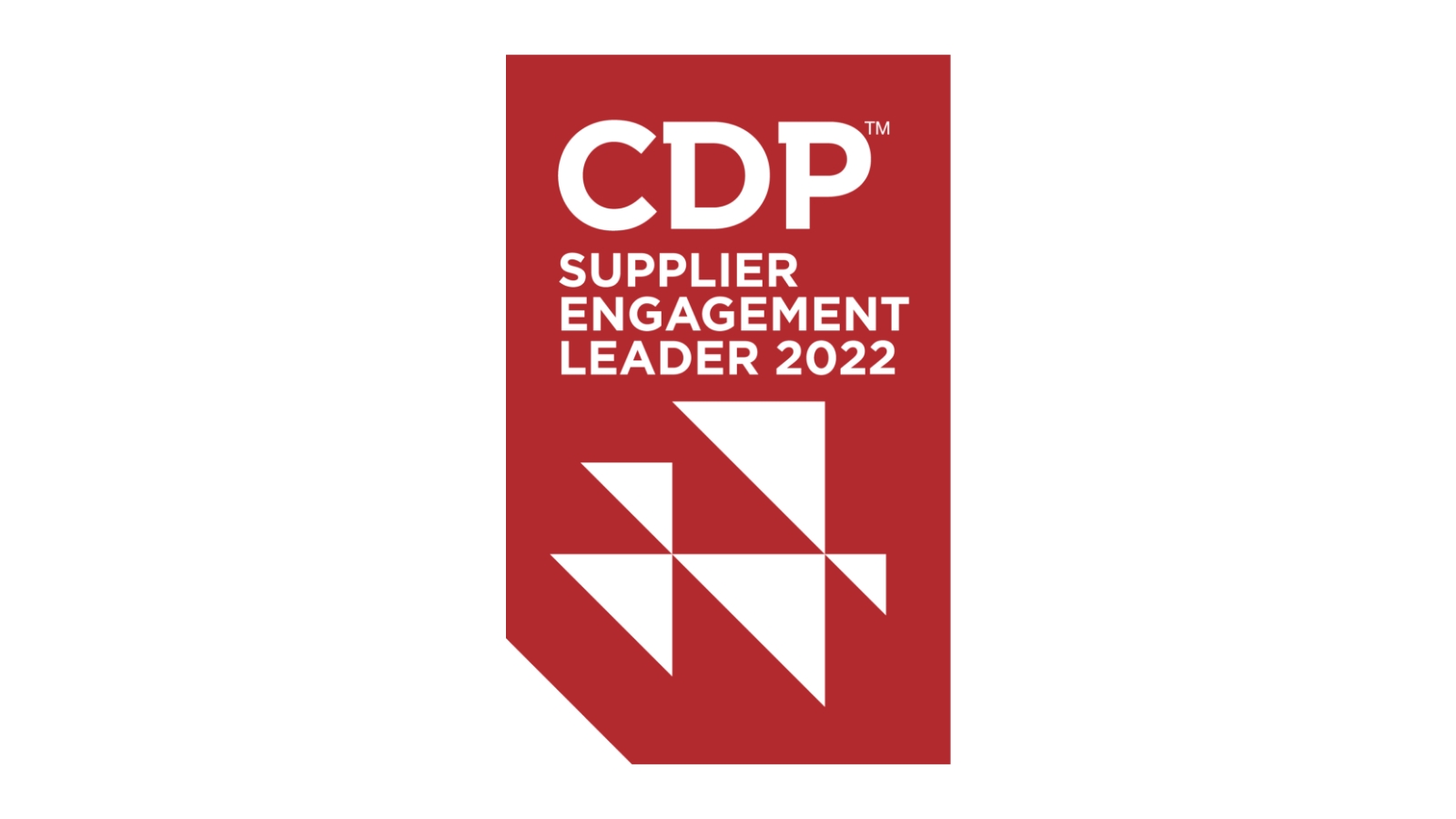
Winner of the 2023 Sustainable Procurement Leadership Award
Shiseido received the Best Portfolio Performance Improvement Award at the Sustainable Procurement Leadership Awards 2023, held by EcoVadis headquartered in France. The awards program is run by the provider of business sustainability ratings, EcoVadis, to celebrate excellence and recognize the outstanding performance of companies in their sustainable procurement initiatives.
This time, Shiseido received the Best Portfolio Performance Improvement Award for its efforts to improve sustainability standards among its suppliers.
